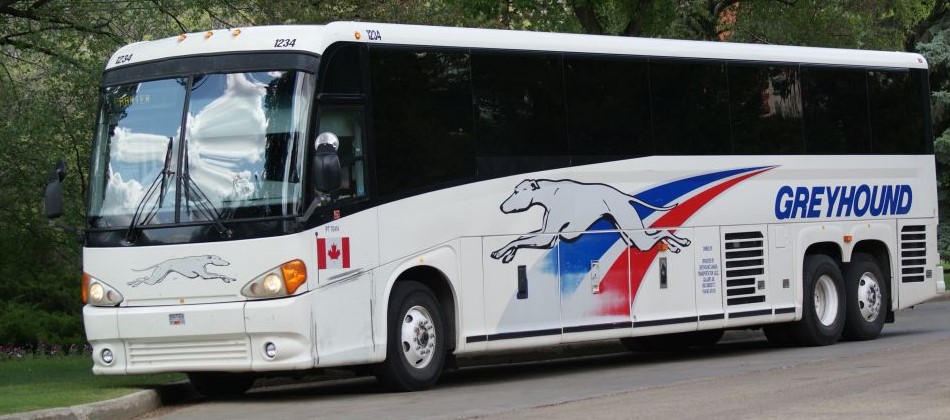First Nations will feel the negative impacts of passenger bus service cut to rural areas

July 9, 2018
Treaty One Territory, Manitoba
AMC Communications
Treaty One Territory, MB _ Greyhound Canada announced today the company will end passenger service by October 31 in the Prairies and B.C. This will have a negative impact on First Nations in those areas.
“Our citizens rely heavily on Greyhound, especially from northern communities into urban areas for services like medical appointments,” said Grand Chief Arlen Dumas.
Many First Nations in Manitoba do not have adequate medical services and citizens are usually brought into Winnipeg for doctor appointments.
“It is already well documented that our citizens have to ride the bus for hours, some longer than 14 hours, in order to see a doctor. How will they get access to adequate health care now?” said Grand Chief Dumas.
Greyhound Canada has said it has raised its concerns with provincial and federal officials and has advocated for a community funding model to allow any private carrier to bid on essential rural services. Greyhound has also said they will continue to push the federal government to look at improving transportation in northern communities.
“I appreciate their efforts and I’d like to remind the Government of Canada that health care is a treaty right.”
The majority of the AMC’s Patient Advocate Unit (PAU) works to successfully relocate patients. The unit is managed by the Eagle Urban Transition Centre in partnership with the Winnipeg Regional Health Authority (WRHA). The PAU is a three-person team who supports First Nations citizens by advocating, developing partnerships and bridging services through effective service coordination to ensure quality services. The Patient Advocate Unit handles up to 1,500 case files per year.
“Distance from medical facilities can impact our citizens’ well-being, and with this announcement from Greyhound our patient navigators will have their work cut out for them,” said Grand Chief Dumas.